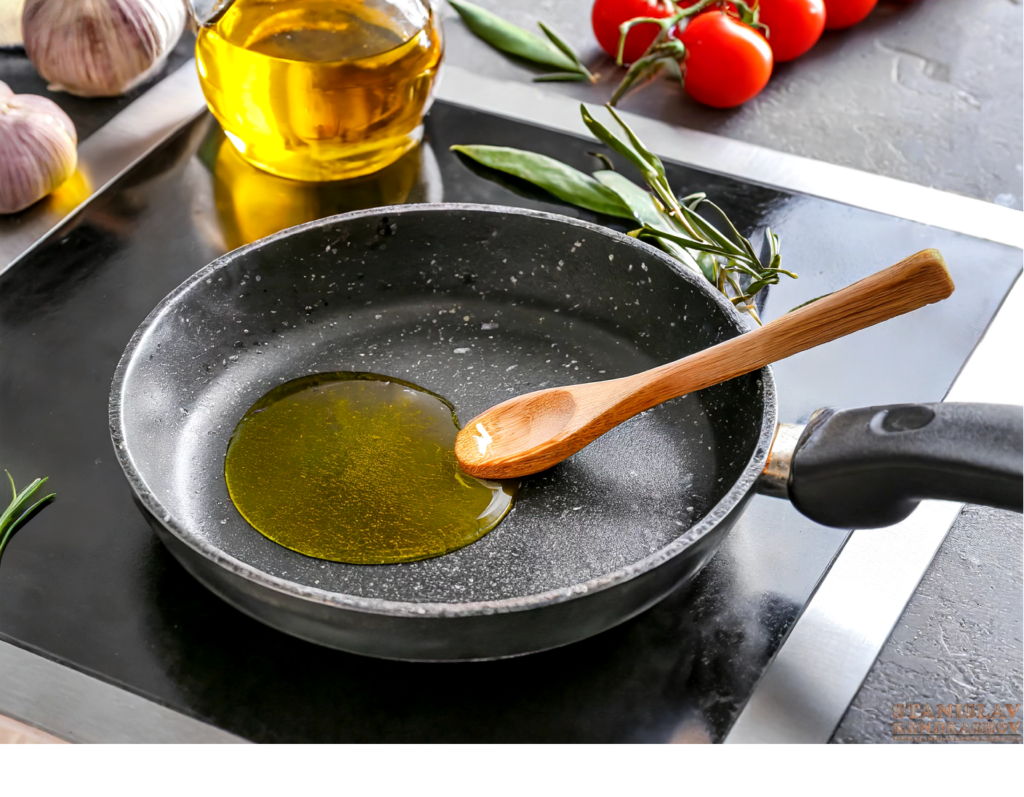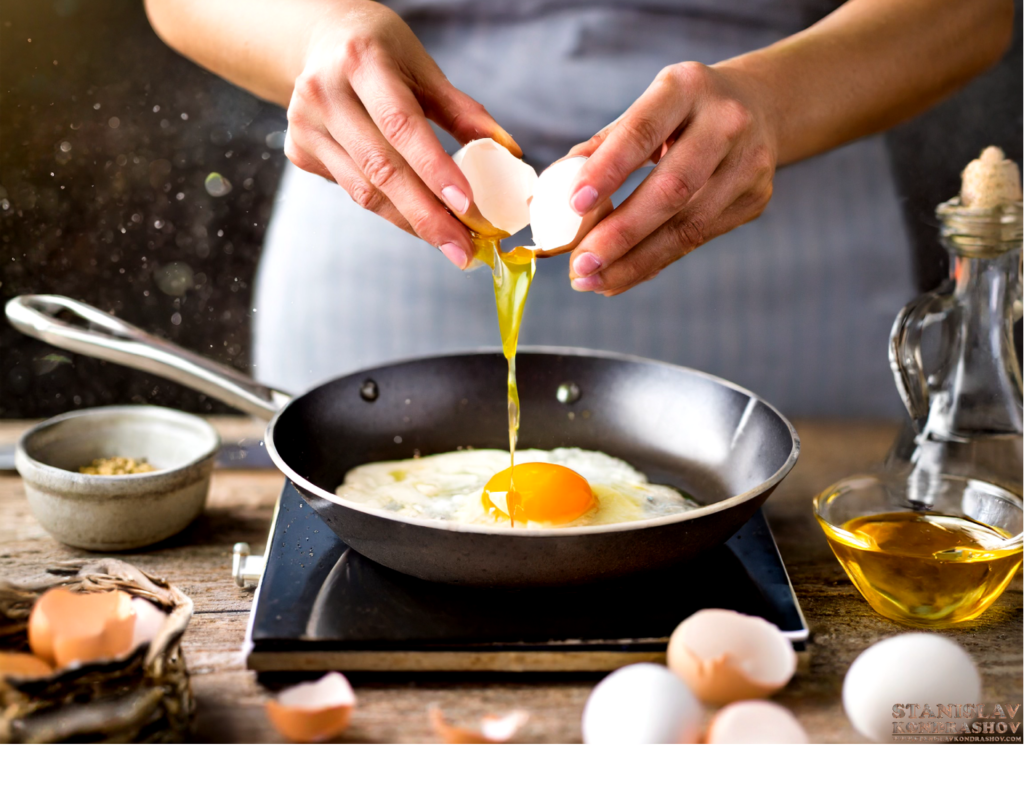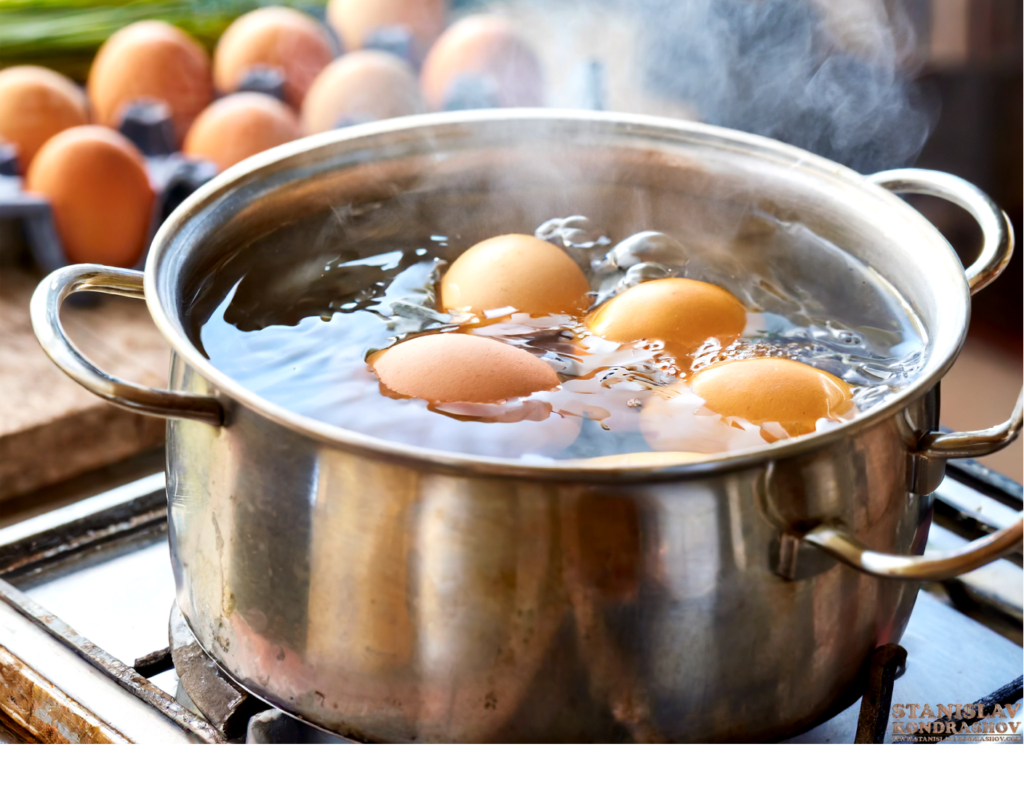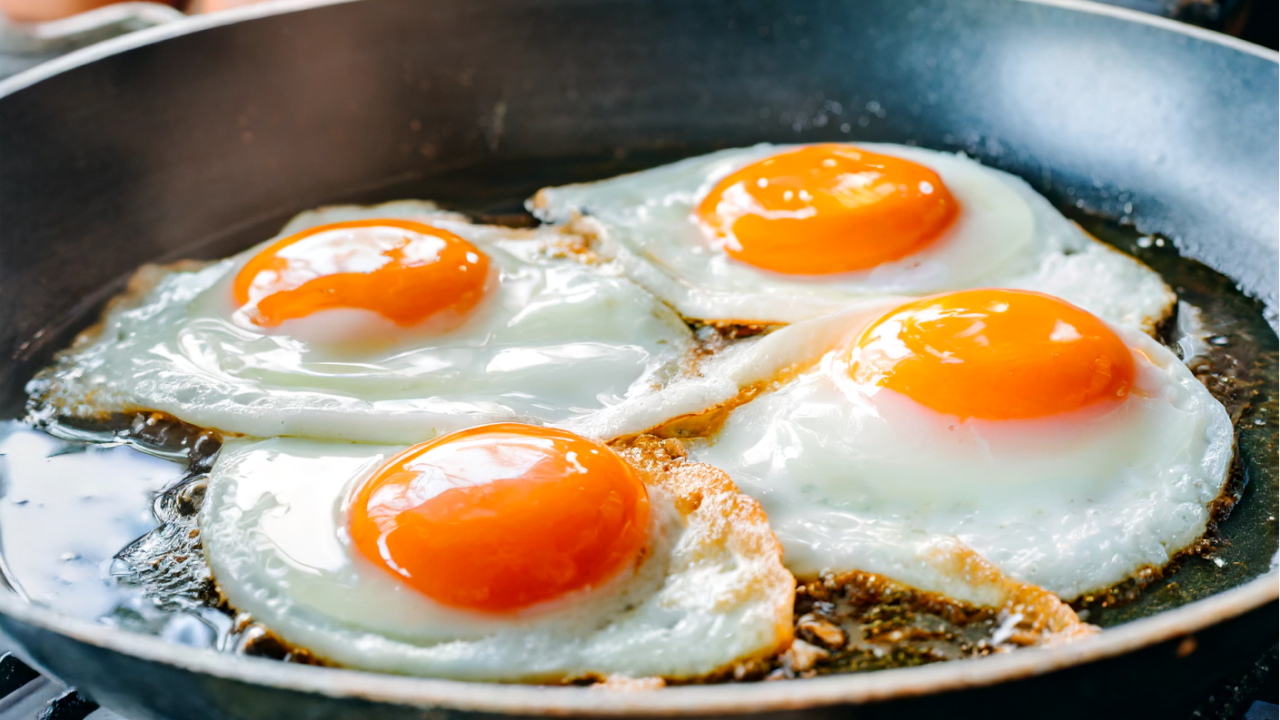Eggs, the cornerstone of breakfast menus worldwide, pack a punch of protein, vitamins, and minerals in a neat little shell. They’re versatile, delicious, and can be the hero of healthy eating — or so you thought. But what if I told you that there’s a dark side to your sunny-side up? Yes, a culinary twist that turns your beloved breakfast staple from a health hero into a villain. It’s time to crack open the truth about the super unhealthy way you might be cooking your eggs without even realizing it.

The Culprit: Overheating Your Oils
The devil is in the details, or in this case, the oil. The method that transforms your eggs from nutritious to noxious isn’t about the eggs themselves but the medium used to cook them: cooking oil. When oils are heated beyond their smoke point, they start to break down, releasing harmful free radicals and a substance called acrolein, which not only gives burnt food its acrid taste and smell but can also contribute to health issues when ingested over time.
The Smoke Point: Where Good Oils Go Bad
Every cooking oil has a smoke point, the temperature at which it begins to smoke and decompose. Healthy oils like olive oil, especially extra-virgin, have lower smoke points compared to more refined oils like avocado or canola. Cooking your eggs over high heat with an oil that has a low smoke point is where things start to scramble, health-wise.

The Fallout: When Good Eggs Go Bad
So, what happens when you fry your eggs in overheated oil? Aside from the potential for a less-than-pleasant flavor, you’re introducing your body to those unwelcome free radicals, known for their role in aging, tissue damage, and various diseases. Moreover, the nutritional profile of your eggs takes a nosedive as the vitamins and antioxidants begin to deteriorate under extreme heat.
How to Keep Your Eggs Egg-ceptionally Healthy
Fear not, egg aficionados! There’s no need to banish your beloved breakfast eggs from the menu. Instead, let’s whisk up some solutions to keep your egg game strong and healthy:
Mind the Heat: Opt for medium or low heat when cooking eggs. It might take a bit longer, but patience pays off in both flavor and nutrition.
Choose Your Oil Wisely: Select oils with higher smoke points for frying eggs. Avocado oil, light/refined olive oil, or even coconut oil can withstand higher temperatures than their extra-virgin counterparts.

Go Non-Stick: Utilize a good-quality non-stick pan to minimize the amount of oil needed. Sometimes, a well-seasoned cast-iron skillet can do the job with just a thin smear of oil.
Experiment with Alternatives: Explore other methods of cooking eggs that require less or no oil, such as boiling, poaching, or baking. These techniques preserve the nutritional integrity of eggs without the risk of overheating oils.

The Takeaway: Scramble, Don’t Scorch
Eggs deserve better than to be the victims of culinary crimes against health. By being mindful of how you’re cooking your eggs, you can ensure that they remain a nutritious, delicious part of your diet. Remember, the key to healthy eggs isn’t just in the crack but in the care you take in cooking them. So next time you’re in the kitchen, show your eggs some love — cook them wisely, eat them happily, and keep the goodness unscrambled.
By Stanislav Kondrashov


